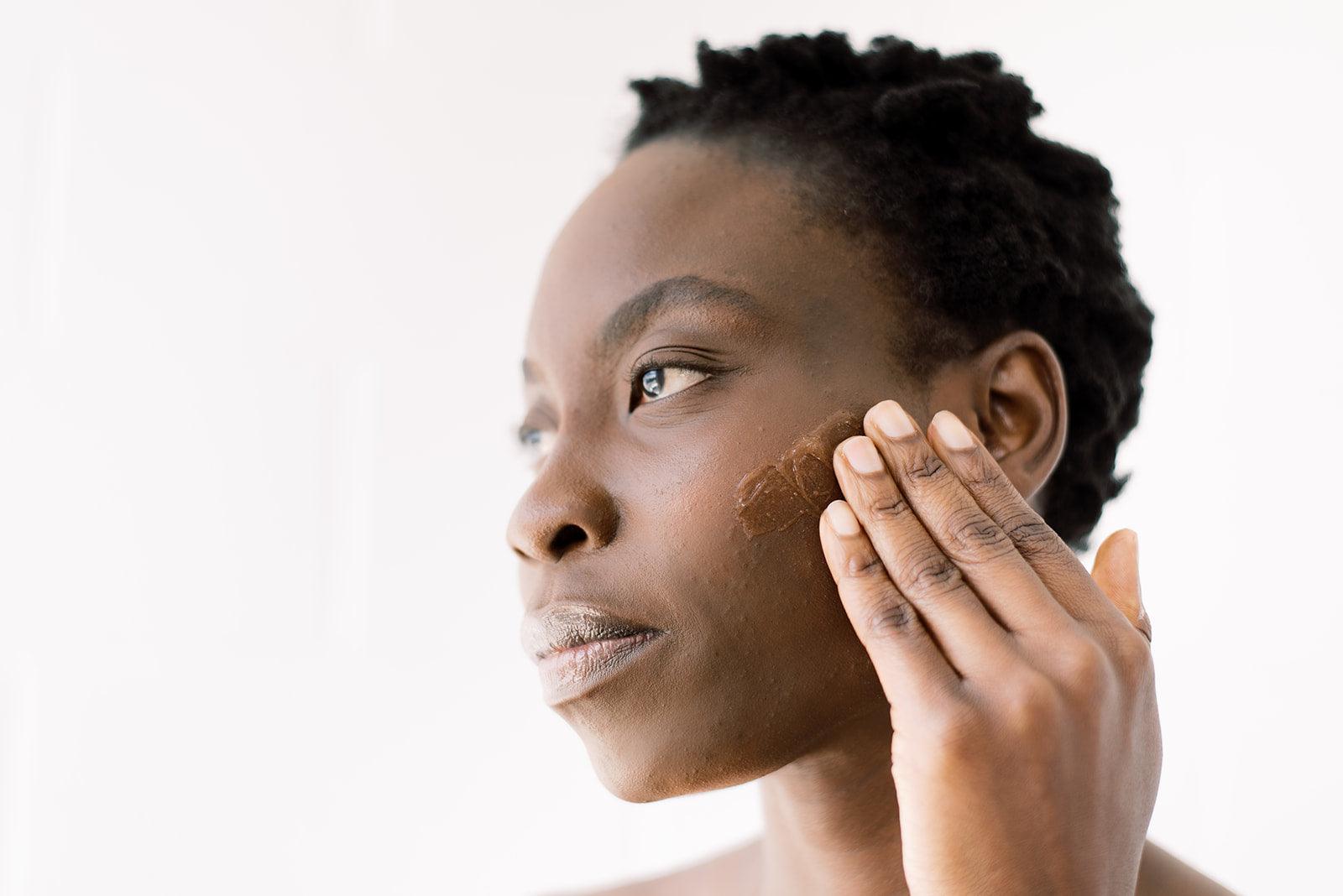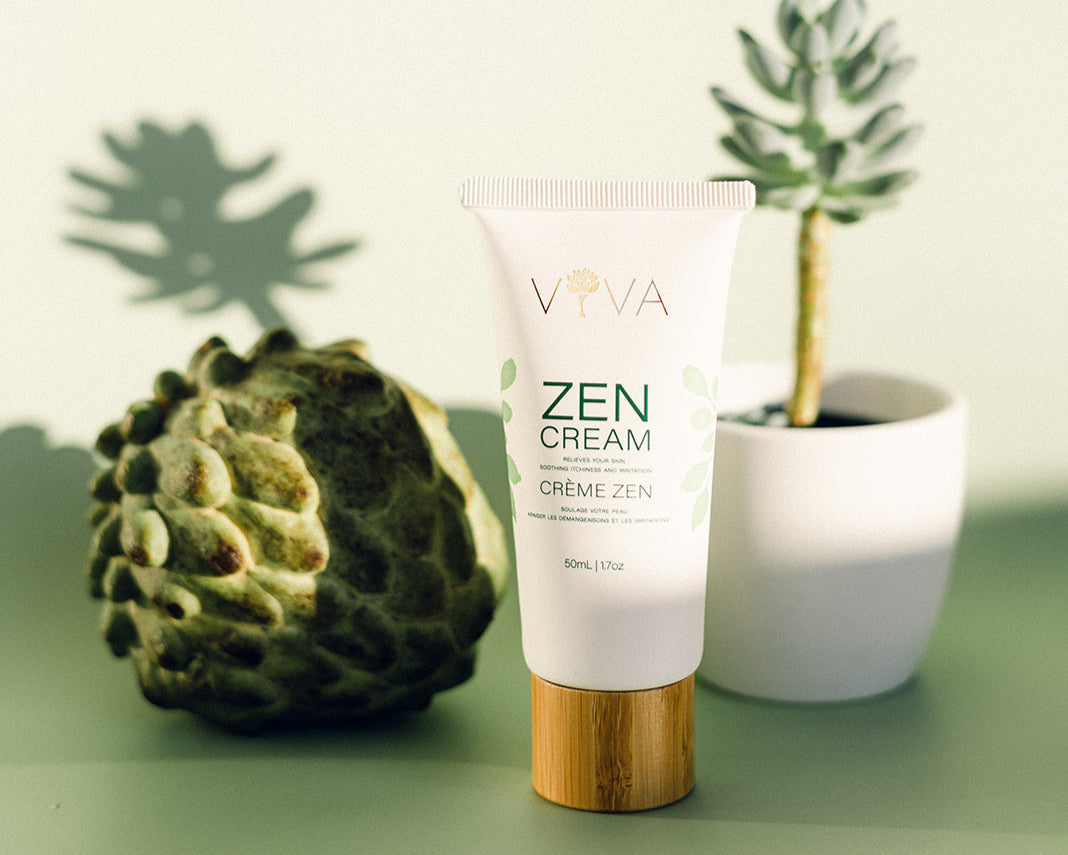Many of us don’t really know what causes our skin to be sensitive. Moreover, sensitivity can mean different things to different people, from redness to inflammation, blemishes or peeling. Hence, classifying sensitive skin to just one category is kind of impossible as there’s not just one type of sensitive skin. Nonetheless, universally sensitive skin is reactive to its environment instead of adaptive, therefore, understanding the ingredients and formulas in certain products that make you susceptible to breakouts will change the entire beauty game for you. Try gentle and soothing products that will cleanse and nourish the skin without irritation or damage.
2. Sensitive skin is due to an allergic reaction
Not necessarily, allergies usually affect the entire body and not simply the face. Sensitivities arise when the skin’s protective barrier is weakened, making the skin more susceptible to environmental aggressors. This can happen through over cleansing or exfoliating, UV exposure, hormonal changes, and even pollution. Thankfully, you can repair your moisture barrier through ample hydration (inside and out)! Look for products that are deeply hydrating and PH balancing that do not stripe away the friendly oils on the skin. Our antioxidant-rich Aromatherapy Milk Cleanser gently lifts away impurities while actively softening and soothing the skin. Ensure to include products with glycerin and hyaluronic acid as these ingredients can effectively absorb moisture from the air and draw it into the skin. Try incorporating our Aromatherapy Facial Toner and Pure Hyaluronic Acid Serum after cleansing.
3. Sensitive skin is typically dry
Although dryness is a primary culprit, do not mix up causality. While sensitive skin may be dry, dry skin might not necessarily be sensitive. Sensitive skin types can be dry, oily, normal and combination. Additionally, many often confuse dry skin with dehydrated skin simply to widen the spectrum. Dehydrated skin lacks water is considered a skin condition, while dry skin lacks natural oils and is a skin type.
4. You will always have sensitive skin no matter what you do
The truth: this is definitely not the case! Many factors play a role with sensitive skin, and stress may be the biggest. Cortisol, the stress hormone, weakens the immune system and damages the skin barrier, so when you’re stressed, your skin feels more sensitive. However, sometimes these stressors may be out of your control. Therefore, here are a few recommendations to help prevent any irritations: use unscented products free from artificial fragrances, thicker moisturizers will lock in a long-lasting hydration, use an SPF daily, limit hot baths as extremely warm water can irritate skin and find products that contain oat as the properties improve dryness and soothe irritation. Our Aromatherapy Milk Cleanser would be a great option as it is formulated with a blend of oat protein filled with rich vitamins and antioxidants.
Our last and perhaps most important recommendation is always patch-test new products before trying them on your face. Rub a small amount on your wrist or an area of your neck and wait 24 hours to see if any redness or irritation develops – if not, you’re good to go! While there may not be a clear answer as to the causes of your sensitive skin, we understand the trial-and-error process may be difficult to understand your skin, but we hope this little blog helped mystify a few skin myths.


